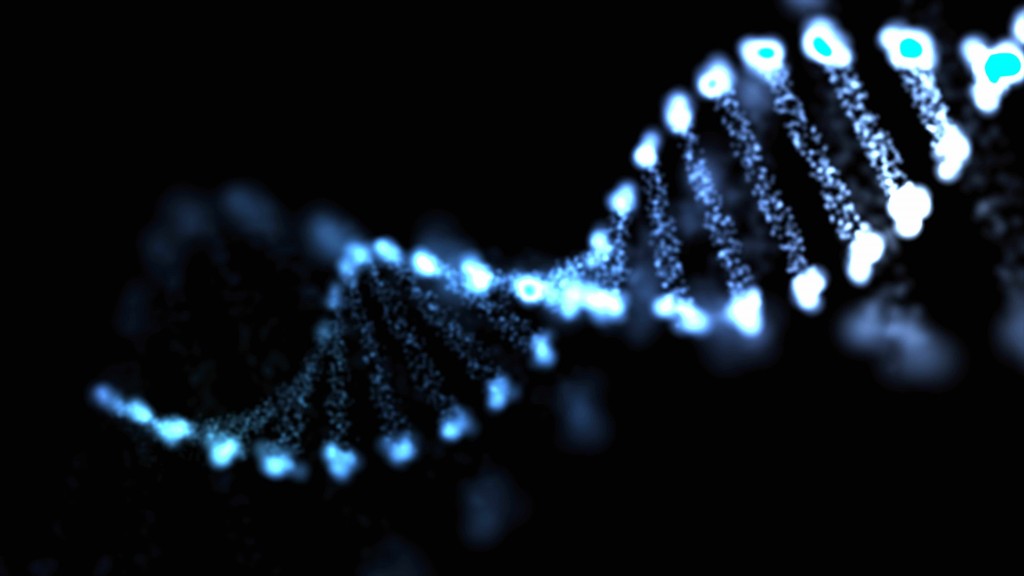-
Health & Wellness
Repairing Fatal Mutations Behind Mitochondrial Disease
A multidisciplinary team of researchers has eliminated fatal mitochondrial DNA mutations in stem cells from patients with mitochondrial diseases.  The study is published in today's online issue of Nature as a collaboration between some of the nation's top institutions and Mayo Clinic's Center for Regenerative Medicine.
The study is published in today's online issue of Nature as a collaboration between some of the nation's top institutions and Mayo Clinic's Center for Regenerative Medicine.
Mitochondrial diseases are a particular struggle for patients and their families as treatment options are limited, something made more dire as many of those affected are children. Andre Terzic, M.D., Ph.D., director of Mayo Clinic's Center for Regenerative Medicine, explains: "These are life threatening conditions where standard care is limited to alleviating symptoms of disease. Our proof-of-concept study shows that functionally corrected stem cells can be generated from these patients, providing initial steps towards regenerative therapy for mitochondrial disease.”
MEDIA CONTACT: Bob Nellis, Mayo Clinic Public Affairs, 507-284-5005, newsbureau@mayo.edu
Read: Research paper in Nature
Read: Oregon Health & Science University News Release
Now, researchers at Oregon Health & Science University in collaboration with Salk Institute, Sanford Consortium for Regenerative Medicine, University of Oxford, Cincinnati Children’s Hospital Medical Center, and Mayo Clinic's Center for Regenerative Medicine have applied methods to restore healthy mitochondria in cells derived from patients with mitochondrial disease. Through generation of pluripotent stem cells they were able to either select stem cells containing healthy mitochondria or to replace the dysfunctional mitochondria with healthy counterparts from a donor cell. “Restoration of mitochondrial function in stem cells from patients with mitochondrial disease is thus achievable,” explains co-author Clifford Folmes, Ph.D.
This technique restored mitochondrial function in different forms of mitochondrial disease, including Leigh Syndrome and Mitochondrial encephalopathy, lactic acidosis, and stroke-like episodes (MELAS). Dr. Terzic concludes: "This is a transformative moment where deadly diseases are targeted and potential solutions are offered."
Related Articles







